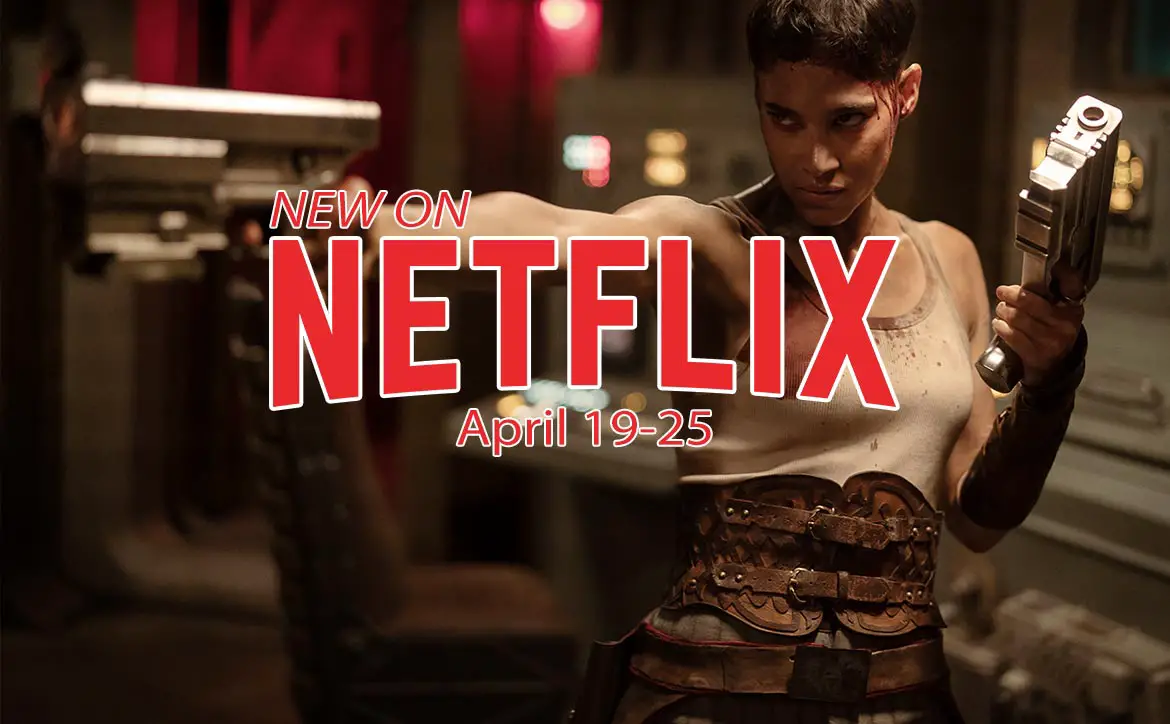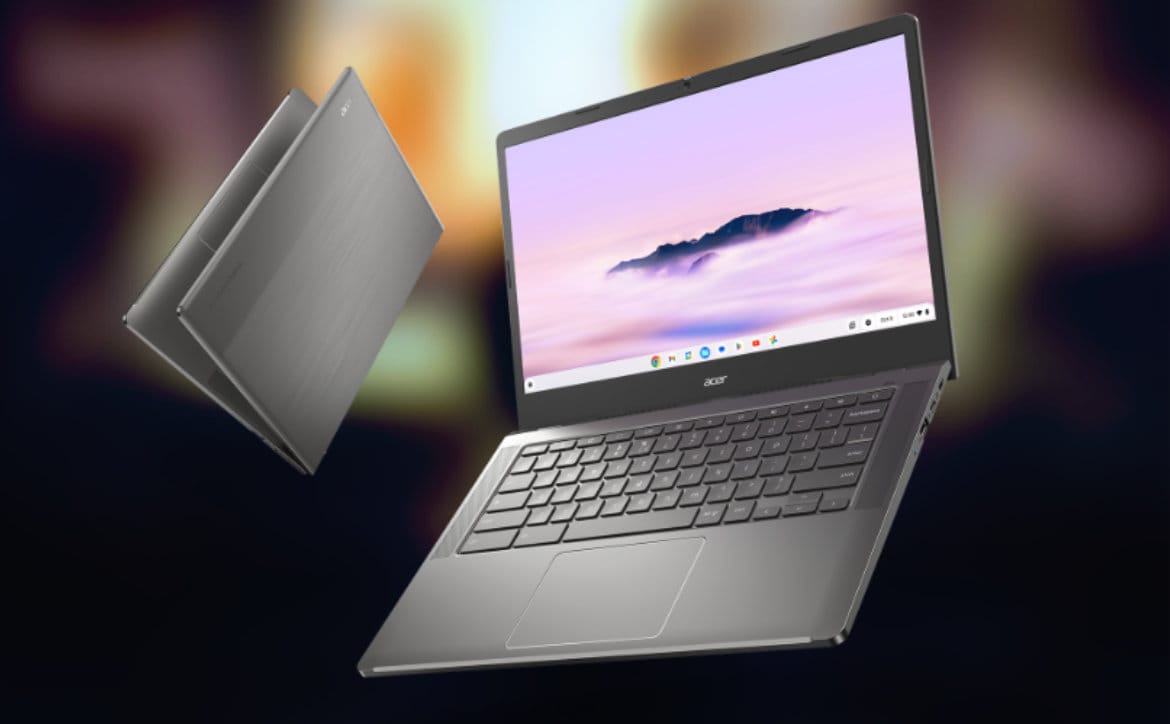The internet brings the world into people’s homes, enabling people to interact with worldwide events in a way that television can’t. People can share information in real time on social media and communicate with those who are affected by natural disasters, wars, crimes, or other unforeseen circumstances.
This may make it appear as though the internet is wide open, offering easy access to all information and content. But since the internet first became accessible to the public in 1993, there have been legislated policies by governments and regulators, as well as technological interventions by internet service providers (ISPs) to limit the type and variety of content that individuals have access to. We’ll go into more detail below.
Why access and policies have changed
When the internet became publicly accessible, users could present any information that they chose with little concern about repercussions or longevity. The internet appeared to be a technological dry erase board; content could be removed from a site or altered, with no evidence of any previous material.
By 1995, companies such as Amazon and tools like Microsoft’s Internet Explorer launched, and substantive changes soon followed. Software-enabled individuals to take screenshots of pages, which meant that proof of prior material could be preserved. The 9/11 terrorist attacks in New York led to new laws concerning the retention of data in several countries, which resulted in accessible records users’ history and website content.
Then, the Wayback Machine launched in 2001. Although touted as a way to preserve sites after they’ve shut down so that users can access their content, the Wayback Machine’s function as an archive of internet sites means prior incarnations of pages and posts are preserved, making it harder for companies and individuals to remove potentially offensive or controversial information.

Public and private internet restrictions
Concerns over internet-based crimes and ease of access to illicit and illegal material resulted in regulations and filters. Schools, libraries, and companies providing public internet access could limit the type of content that users could access. This meant that a person couldn’t go to a public library and use their internet to view things like adult content.
Filters also impact users at home. A user’s ISP may use filters to prevent customers from accessing specific content online. Although net neutrality laws put in effect in 2005 ensured users were not unreasonably restricted from viewing content online, the repeal of net neutrality laws in 2018 means that individuals are again left with less choice about what they have access to online.
Both public and private internet access were also affected by corporations. Search engines such as Google and Bing may not charge individuals directly for using their services, but they earn profits from companies that pay to advertise through their search engines. This means that the search engines show advertised content as much as possible to increase their profits.
Companies with larger marketing budgets who invest in these ads have a much higher profile online. Users are less likely to see search results return with information about smaller companies who cannot afford to compete.
Circumventing monopolies to access more content
Although there are policies and technology which have an impact on internet users, individuals can still gain access to a wider range of content than the monopolies that dominate internet search returns allowed. There are other search engines, such as Petey Vid, which are specifically designed to level the playing field for websites and web users.
Petey Vid is a search engine developed to foster broad searches for video content online. Google owns YouTube, which currently dominates search results in conventional search engines, making it possible for Google to implement algorithms that favor specific content in search results so that they can increase their profits.
Petey Vid is not profit-based, so advertisements do not control search results, meaning that results are based on the specific search information provided and the content of videos available instead of revenue. Their returns draw from over a dozen video sources, ensuring users get a wider range of content in their search results. Petey Vid is also easy to use, allowing searches using both mentions and hashtags.
While other search engines prioritize profits, these alternative search engines ensure user interests and equal access are their priorities.
Last Updated on February 3, 2021.










